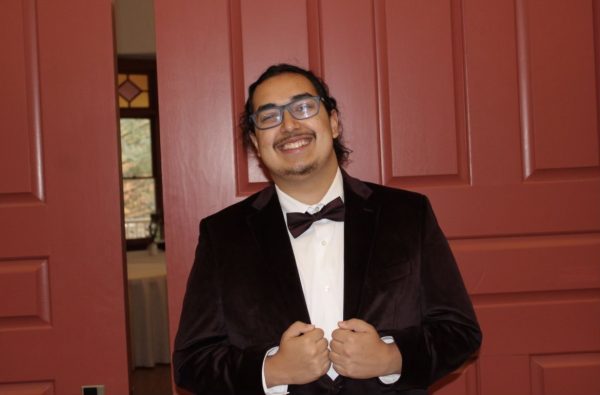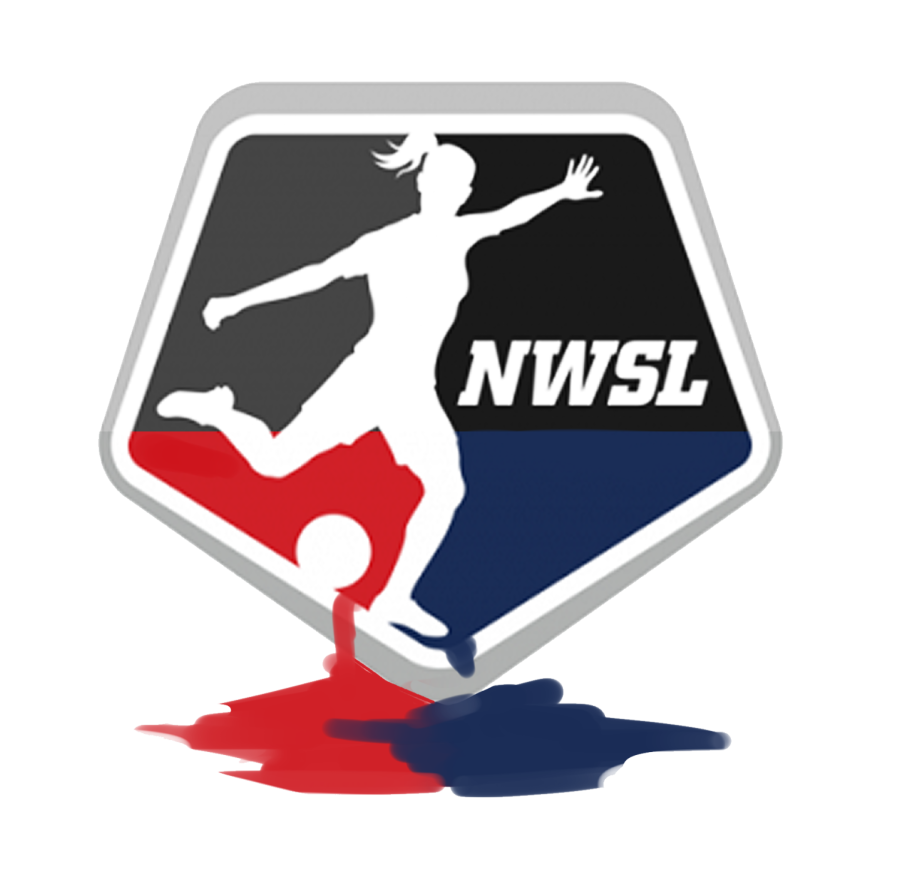NWSL’s Culture of Abuse
How the league has failed its athletes for years
On Monday, Oct. 3, Sally Yates, a former deputy attorney general, released a report over 300 pages in length detailing a culture of sexual and verbal abuse of players in the National Womens Soccer League. Per the document’s exposure, the league failed to address the events and punish the perpetrators. The report comes less than a year after a string of sexual, verbal and emotional abuse allegations were made by dozens of players throughout the league. This resulted in six teams firing or forcing the resignation of five head coaches and a sixth team’s general manager.
Coach Farid Benstiti of Seattle’s OL Reign, general manager Alyse LaHue from NJ/NY Gotham FC, Washington Spirit head coach Richie Burke, coach Christy Holly of Racing Louisville, North Carolina Courage coach Paul Riley and Chicago Red Stars coach Rory Dames were all ousted in the span of five months.
Not all of the details have been released regarding the reasoning for each termination, but the Yates Report sheds light on how multiple clubs protected offenders and built cultures of misogyny and abuse. Adding to the harm of the situation is the league’s and individual clubs’ responses to these incidents or lack thereof.
The ordeal began in September 2015, wherein initial reports of sexual harassment that included unsolicited pictures and sexual requests to players Meleana Shim and Sinnead Farrelly. The Portland Thorns investigated then-coach Paul Riley. While the club decided not to extend his contract as a coach, they kept these allegations mostly private save for one interaction with Sky Blue FC.
Sky Blue was informed about an allegation against Riley and while they chose not to hire him, they also chose to keep the reason confidential. When the Thorns announced Riley would not be their head coach in the following season, general manager Gavin Wilkinson publicly thanked Riley for his time with the team, and did not reveal that Riley had actually been fired from the organization. One of Riley’s accusers, Farrelly, was traded to the Boston Breakers a month later, but Wilkinson denied that the trade was a response to Riley’s investigation.
The Western New York Flash’s vice president Aaron Lines ended up contacting Wilkinson months later in January 2016, as Riley was a candidate for the Flash’s head coach position. The Yates Report reveals that Wilkinson informed Lines of the allegations, yetstill recommended hiring Riley, claiming the players were dissatisfied with Riley as a coach and intentionally put Riley into an unpleasant situation. Lines took Wilkinson’s advice and hired Riley, shortly before the team relocated to Raleigh as the North Carolina Courage. The club was relocated at the behest of new owner Stephen Malik, who reached out to Paulson prior to hiring Riley.
Paulson neglected to inform Malik that Riley had been fired and underplayed his misconduct as improper judgment due to drinking. When Malik went to NWSL commissioner Jeff Plush for a copy of the 2015 investigation, Plush did not share details of the investigation. Malik hired Riley anyway. During Spring of 2021, Farrelly and Shim separately contacted the NWSL’s new commissioner Lisa Baird, requesting Riley be reinvestigated as they felt previous commissioner Blush had not addressed their concerns properly. Baird stated that she would not be reinvestigating as she felt the initial allegations were adequately investigated and that there was no need to investigate further. It wasn’t until September 30, ,2021 that Shim and Farrelly made the commendable decision to make Riley’s actions against them public.
Their stories proceeded to being published by The Athletic. Riley was fired later that day, and after Farrelly’s email exchange with Baird was released, Baird stepped down as commissioner of the league. Malik issued a statement that week that he had never been properly informed of Riley’s actions, only that there had been an investigation that had yielded nothing of note. Malik refused to state who had given him this information.
For context, Paul Riley was accused of sexual harassment and abuse of power in 2015 and after the investigation concluded he had committed multiple sexual misconduct violations, he continued to be a head coach in the league for six years. Not only was he still coaching, the Portland Thorns front office and NWSL commissioners continued to protect his reputation and career at every chance, regularly praising him and refusing to share details of and downplaying the findings of the investigation. Riley was only one of the offenders whose misdeeds are revealed in the Yates Report, but his story is similar to others. When a coach verbally, emotionally and/or sexually abuses multiple players, and when those players formally complained they were punished, either with reduced minutes in-game or removed from the team. The clubs refused to properly punish their coaches and enforced the harmful environment surrounding the players. Should the coach no longer be employed by the club, they would still be recommended to other clubs and their career would continue without interruption.
Without the Yates Report it is likely that this pattern of abuse would have continued in the league, subjecting more women to lifelong trauma. Thanks to Yates, the NWSL Players Association has public support and documented accounts that it is using to establish a collective bargaining agreement that will better protect its players from mismanagement and poor coaching in the future.
Your donation will support the student journalists of Saint Louis University.





